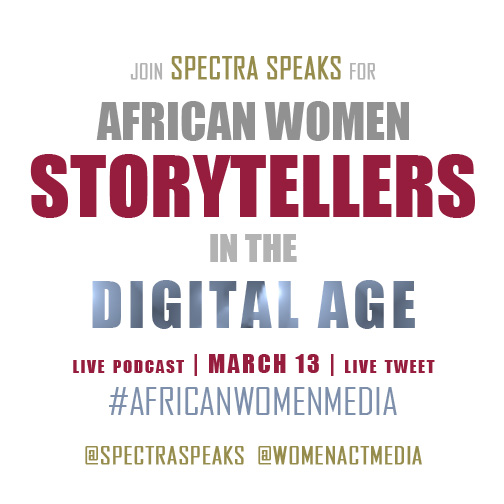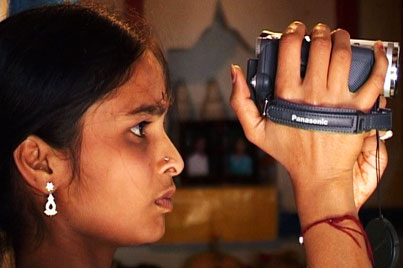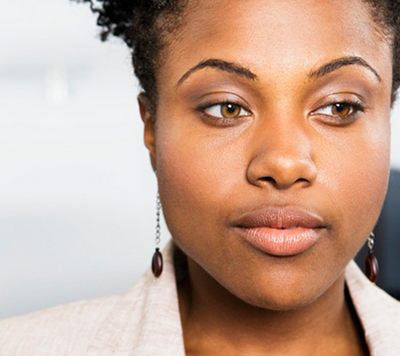On March 13, as part of the Women, Action, and the Media's annual feminist media festival, I'll be hosting a live podcast about African women using media to subvert mainstream narratives about Africa: "African Women Storytellers in the Digital Age." In true kitchen table conversation style, my guests and I…
-
-
How to Increase Media Diversity: 3 Lessons from the London Feminist Film Festival
It's only been a few months since the LFFF's initial email to me, but judging from the film festival's program, the organizers efforts have really paid off. It's not every day I get to see I'm impressed with an organization's outreach efforts (and results). So, I'd like to take this…
-
4 Powerful Documentaries about African Women Everyone Should Watch
Check out these powerful films -- Taxi Sister, KungFu Grandma, The Witches of Gambaga, and Ladies' Turn -- exploring the lives of African women through narrative documentary. They're showing at the London Feminist Film Festival, which was set up as a response to the under-representation of women in the film…
-
What Does an African Feminist Look Like? Ms. Magazine Features African Feminist Bloggers
The Femisphere is a blog series in the popular Ms. Magazine that highlights the many diverse corners of the feminist blogsphere. Their latest installment focuses on African feminism, and I'm honored to have been featured along with two other African feminists, Ms Afropolitan and Lesley Agams. But, given that we're…



